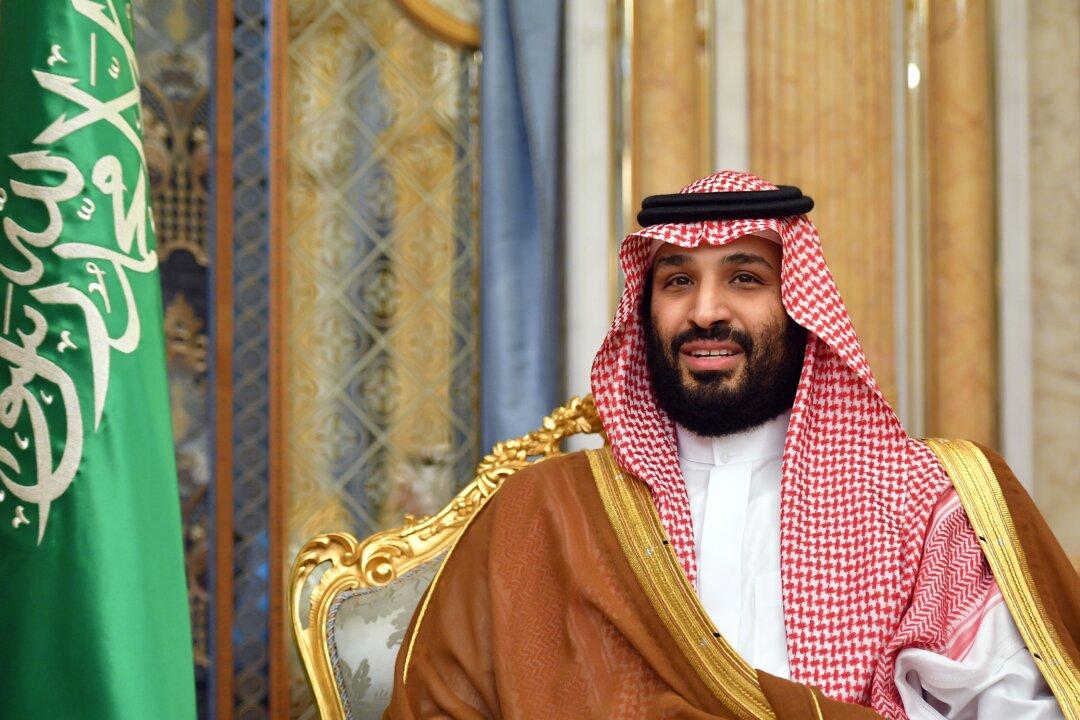Commentary
Saudi Arabia is an authoritarian place where religious leaders have tremendous power and the royal family has more. Its standards for justice are not American standards.

Saudi Arabia is an authoritarian place where religious leaders have tremendous power and the royal family has more. Its standards for justice are not American standards.